Manchester Arena attack: MI5 witness to give evidence anonymously
- Published
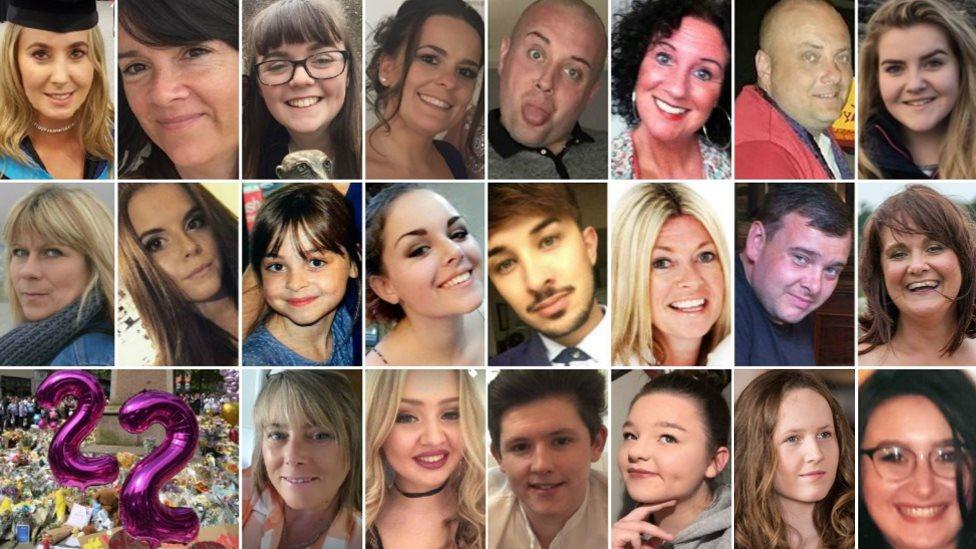
Twenty-two people died in the 2017 bombing at the end of an Ariana Grande concert
A senior MI5 officer will be allowed to give evidence anonymously from behind a screen at the public inquiry into the Manchester Arena attack.
Families of the 22 people murdered in the 2017 bombing had argued against the move, feeling it would not deliver an "open and fair inquiry".
But chairman Sir John Saunders has ruled there would be "a real and immediate risk to the officer's life" if his identity was made public.
The officer will be known as Witness J.
The inquiry is examining the suicide bombing, its planning and aftermath, and the response from the emergency services and other agencies.
In a ruling, external, Sir John said Witness J had worked for MI5 for 28 years, including as Acting Director General of Strategy.
His work had featured "considerable operational as well as managerial experience".
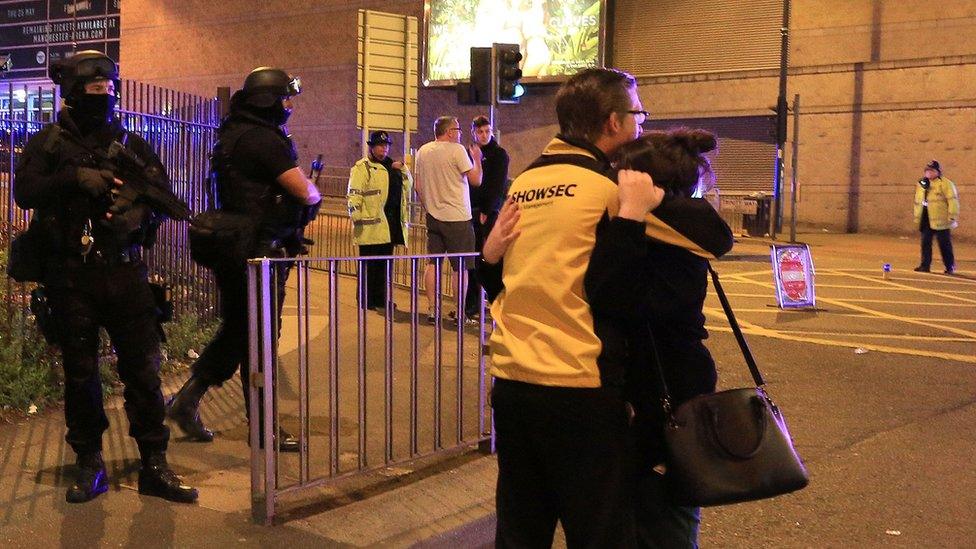
The attack happened on 22 May 2017
He will give evidence about what MI5 knew of bomber Salman Abedi's activities before the attack, and whether the security service could have taken steps to prevent it.
Sir John and members of his legal team, along with barristers who represent the bereaved families, will be able to see Witness J when they are questioning him.
However, he will remain obscured from view to the families themselves, the media, and members of the public.

Analysis
By Judith Moritz, BBC North of England correspondent
The ruling will be a disappointment to the bereaved families.
They've made it clear they understand the need to preserve national security, and have said the very last thing they want to do is to enable terrorists to carry out attacks in the future.
But they have also argued the inquiry is their opportunity to hold the authorities to account for the attack.
Their lawyers stressed their wish to see the witness face to face, and not to have to listen to a "disembodied voice".
Some family members have told me they worry that secrecy surrounding some of the security services' evidence could enable failings to be covered up.
The inquiry's chairman has said that screening Witness J cannot "logically fall into that category".

But Sir John ruled that full anonymity "will not affect the ability of the inquiry to carry out its terms of reference".
The families asked for the Director General of MI5 to give evidence instead of Witness J but this was refused.
It is not known exactly when Witness J's evidence will begin.
The inquiry is continuing despite the latest coronavirus lockdown but has been holding some remote hearings and is currently sitting for fewer days each week because of the restrictions.

Why not follow BBC North West on Facebook, external, Twitter, external and Instagram, external? You can also send story ideas to northwest.newsonline@bbc.co.uk, external
Related topics
- Published10 February 2021
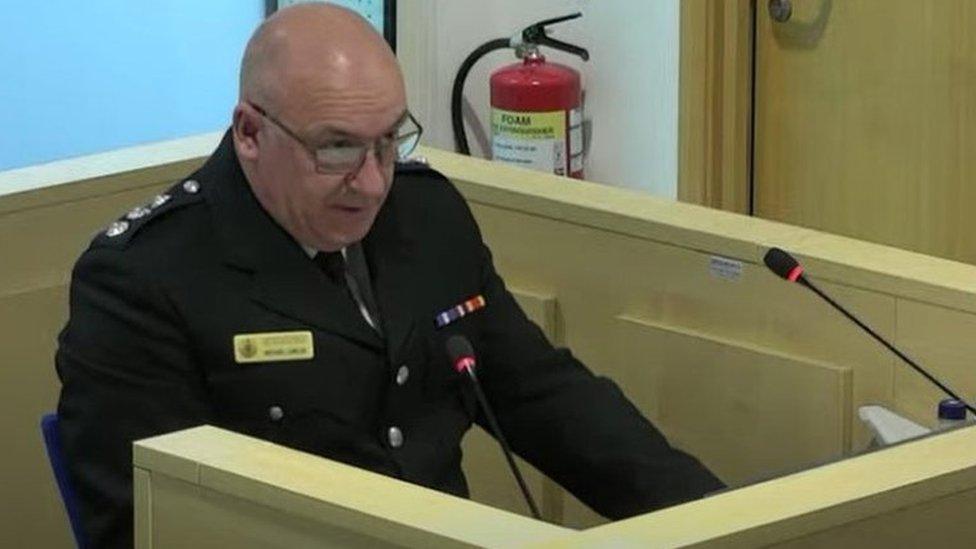
- Published24 July 2020
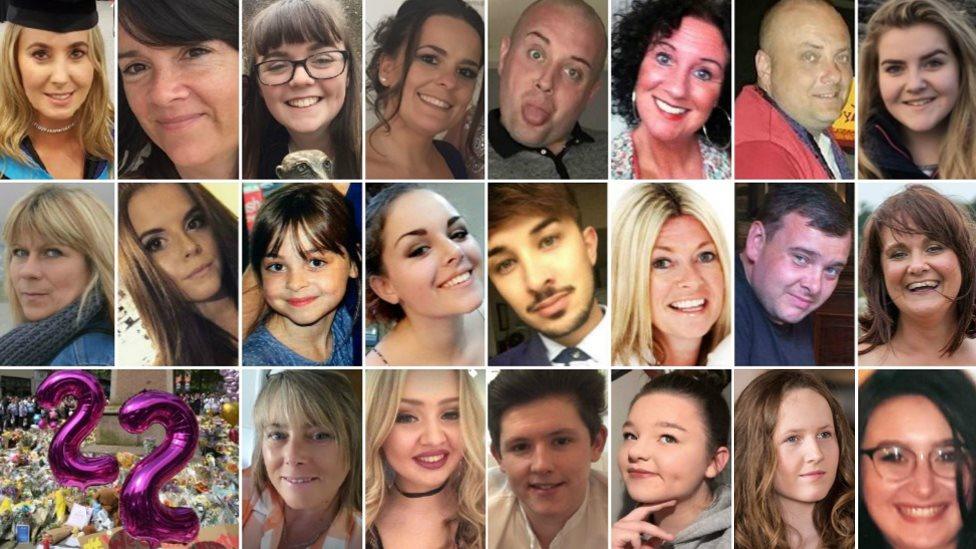
- Published13 July 2020

- Published9 July 2020

- Published13 June 2020

- Published21 April 2020
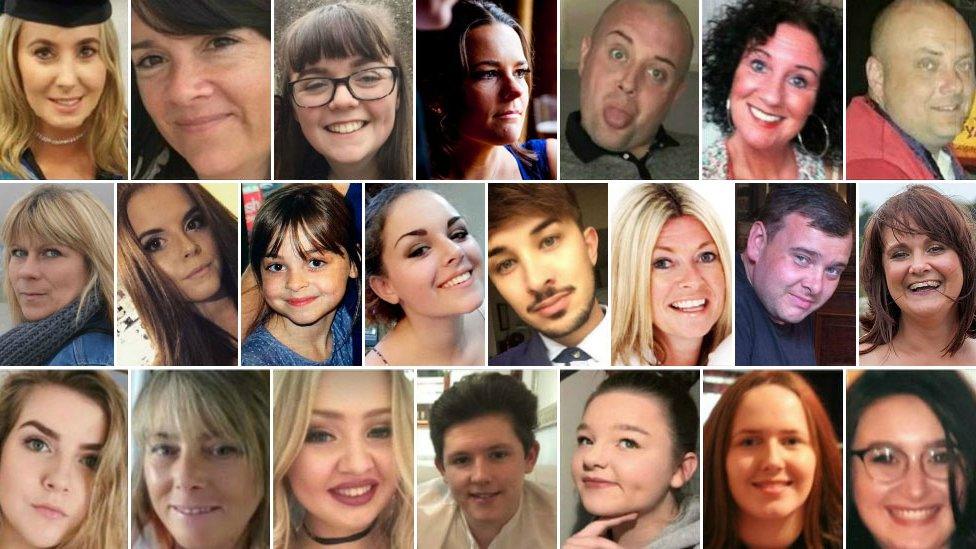
- Published7 April 2020

- Published28 January 2020

- Published17 March 2020
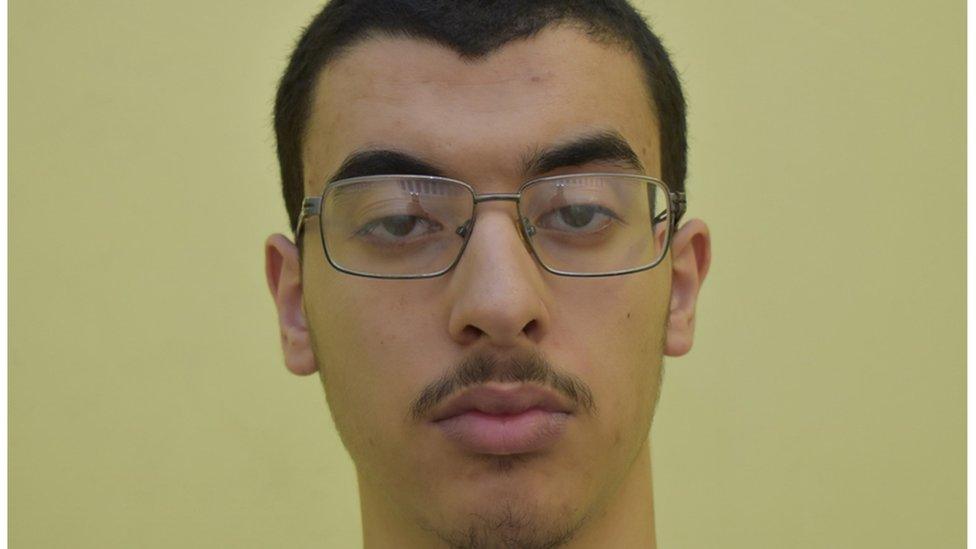
- Published17 March 2020
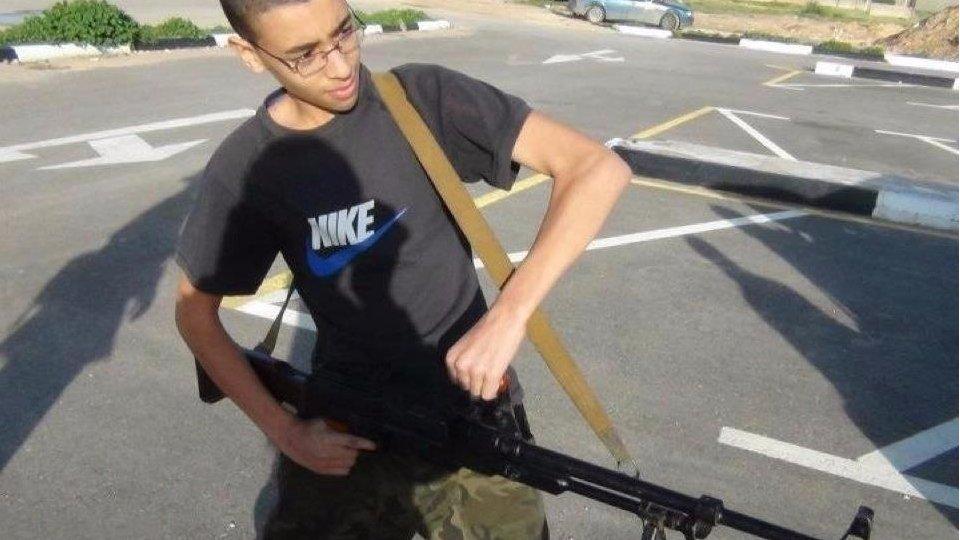
- Published3 November 2022
